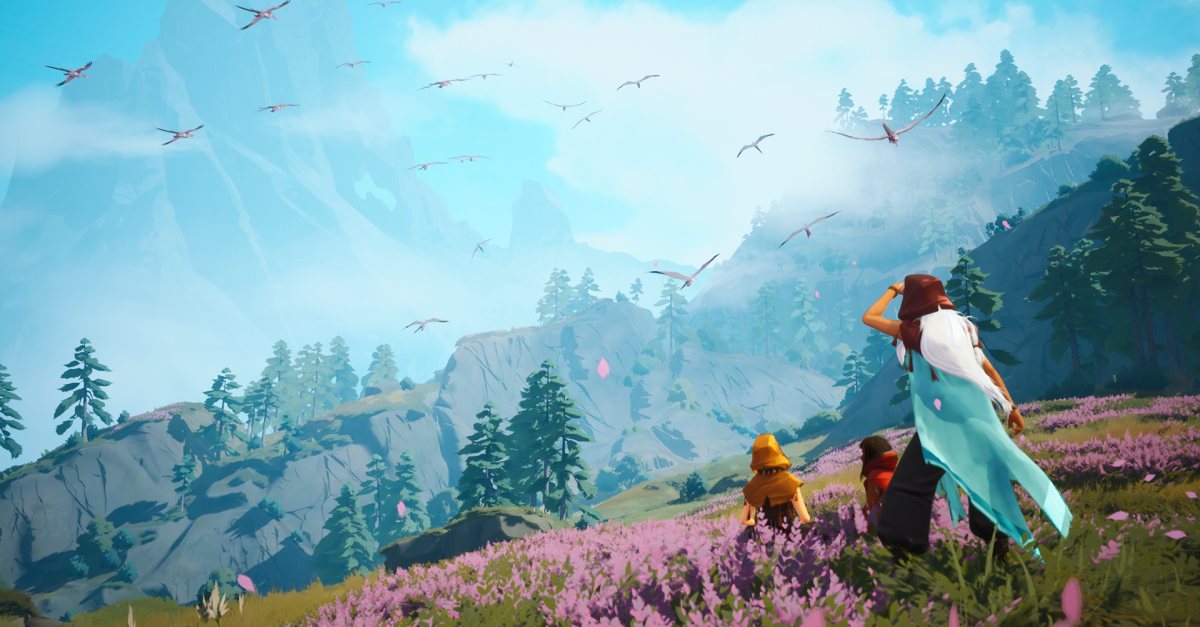- cross-posted to:
- games@lemmy.world
- cross-posted to:
- games@lemmy.world
[…]there’s another story to be told here — and it’s older and, if possible, even sadder. Microsoft has simply never been any good at running game studios.
The waste — of time, money, and human potential — is incalculable. And it’s a sadly familiar story. In 2006, Microsoft acquired the legendary British developer Lionhead, only to close it ten years later after forcing the studio to chase fads it was ill-suited to, like motion control and live-service games. Rare, acquired for a then-record-breaking $375 million in 2002, has seemed to skirt close to a similar fate several times as it searched for a place within the Xbox family that made sense and played to its strengths. Pirate game Sea of Thieves has kept the developer afloat in recent years, but how much longer can that last?
Microsoft’s original sin in this arena was its handling of Bungie. The studio was an inspired early acquisition that almost single-handedly made Xbox’s reputation among gamers with its Halo series. But Microsoft responded to this success by stifling Bungie’s creativity with a forced march of sequel production that ultimately drove the studio away: It bought itself out in 2007. The Halo brand never recovered from the loss, and the mismanagement of the caretaker studio founded to take it over, 343 Industries (now Halo Studios), was arguably even worse. It was never allowed to develop its own identity, and saddled with tasks — including maintaining its own game engine, and turning Halo into an ill-defined forever game — that were clearly beyond its capabilities.
The truth is that much of Microsoft’s decision-making as a publisher seems to come from a place of insecurity. Burned by its experiences with Bungie, Lionhead, and Rare, the company began a partial retreat from first-party development under previous Xbox boss Don Mattrick. When the resulting weakness of its slate of games became all too apparent, Mattrick’s successor Phil Spencer began a massive overcorrection, buying studios left, right, and center.
If the goal of the spending spree was to turn Xbox into a first-party powerhouse with system-selling exclusives to rival Nintendo and Sony, Microsoft has failed — or, arguably, overshot the mark. The acquisitions of Bethesda and Activision Blizzard brought it properties like Call of Duty, Warcraft, and The Elder Scrolls that were too big to make exclusive. Combined with a strategic shift away from consoles and toward PC, subscriptions, and cloud gaming, Microsoft has become something quite different: the biggest game publisher the world has ever seen, bigger than any platform. In that context, nurturing vanity projects like Everwild or resuscitating old IP like Perfect Dark simply isn’t a priority.
Would be nice if the studios would stop selling themselves too… They don’t have to take Microsoft money
Regrettably…they kinda do. At least for studios like Obsidian and Double Fine, the landscape has become very grim. They are studios of a size that is very difficult to keep afloat in this environment. Investor funding in the gaming segment has dried up post-COVID, and these kinds of mid-level (or higher) devs were very reliant on that kind of funding. In light of that, these studios may have seen Microsoft as something of a safe harbor. They knew these layoffs were always a possibility, but I think it was better for them than the alternative. Or at least, it was the best choice for the people leading these studios prior to their respective Microsoft acquisitions. The devs that are being laid off are not the same people that signed off on the acquisition.
deleted by creator
Shame, exploitive studios that let the business idiots take over and then sell them to Microsoft.
Will be happy to support the people who used to work there that go on to make indie games.
If someone drive a truck full of money up to my house, I’d be hard pressed to say no. See Notch and Minecraft.
I think the larger issue is that so many studios get set up as things that can be sold by one or two people for the benefit of only one or two people. Like, the larger issue is that everyone who has been working at the studio should have some amount of say in if it should be sold or not. And if they do sell, you should be getting a cut of the truck of money.
deleted by creator
I don’t own a car.
But if I were to buy one, I’d like that every worker at the factory who assembled it got paid some percentage of the factories profits, and had some amount of input on the leadership of the company as a whole, not just an hourly wage.
Does it generally work like that? No, but doesn’t mean I don’t think that’s a better way to do things.
deleted by creator
Unless the company is an ESOP, has some sort of profit sharing mechanism or is a co-op, they do not, they only get paid an hourly wage or a salary. If the company becomes more profitable, they do not see a consummate increase In their compensation. And they have no say on if the company is sold, and they are not compensated in anyway for the company they’ve contributed to being sold.
deleted by creator
I look forward to the small new game studios that will surely appear as the big old ones are consolidated and/or dismantled.
It’s disappointing to see things we like fade away, but as the sun sets in one place, it rises in another.
deleted by creator
Would be nice if the studios would stop selling themselves too… They don’t have to take Microsoft money





